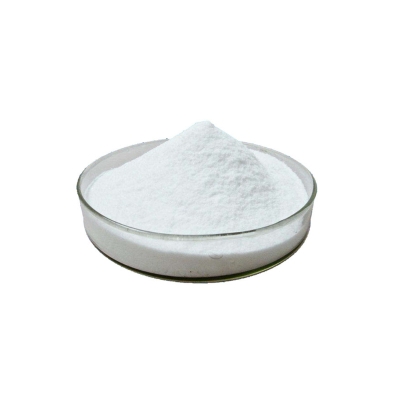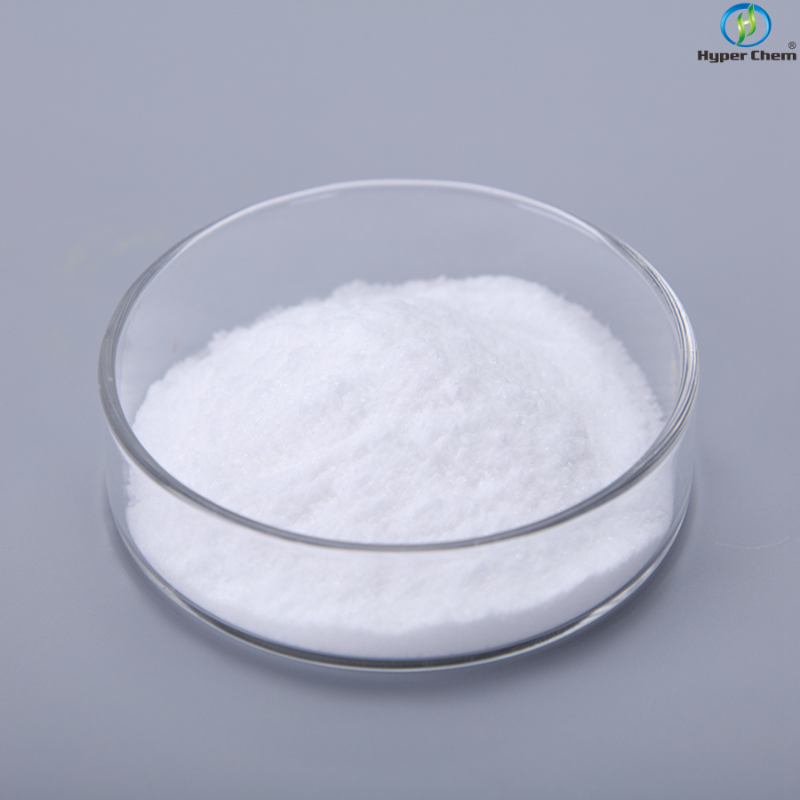-
Categories
-
Pharmaceutical Intermediates
-
Active Pharmaceutical Ingredients
-
Food Additives
- Industrial Coatings
- Agrochemicals
- Dyes and Pigments
- Surfactant
- Flavors and Fragrances
- Chemical Reagents
- Catalyst and Auxiliary
- Natural Products
- Inorganic Chemistry
-
Organic Chemistry
-
Biochemical Engineering
- Analytical Chemistry
-
Cosmetic Ingredient
- Water Treatment Chemical
-
Pharmaceutical Intermediates
Promotion
ECHEMI Mall
Wholesale
Weekly Price
Exhibition
News
-
Trade Service
If you're already taking one blood thinner, a growing body of research suggests that you may not need to take a second one
In fact, a study by the Michigan School of Medicine found that when patients taking commonly used blood thinners stopped taking aspirin, their risk of bleeding complications was significantly reduced
The researchers analyzed more than 6,700 patients treated with venous thromboembolism or blood clots at anticoagulant clinics across Michigan, as well as atrial fibrillation, an irregular heart rhythm that can cause a stroke
Jeffrey Barnes, MD, a cardiologist at the University of Michigan's Frankel Cardiovascular Center for Health and senior author of the study, said: "We know that aspirin is not the panacea it once thought to be a panacea and actually causes more bleeding events in some patients, so we worked with the clinic to reduce aspirin use
During the study intervention, aspirin use decreased by 46.
"When we started this study, doctors were already working to reduce aspirin use, and our findings suggest that accelerating the reduction of aspirin use can prevent serious bleeding complications, which in turn could save patients' lives," said Barnes, who is also an associate professor
The decline in aspirin use is based on several studies that have found a link
One study reported that patients who took warfarin and aspirin for atrial fibrillation and venous thromboembolism experienced more major bleeding events and went to the emergency room for bleeding more
Barnes said: "Although aspirin is a very important drug, its use range is not as widespread
For some, aspirin can save lives
The challenge comes when some people with no history of cardiovascular disease take aspirin and are prescribed anticoagulants, said
Schaefer said: "Many of these people may be taking aspirin for the primary prevention of heart attack or stroke, but we now know that aspirin is not as effective as previously thought, and when they started taking warfarin, no one told them to stop taking the drug







